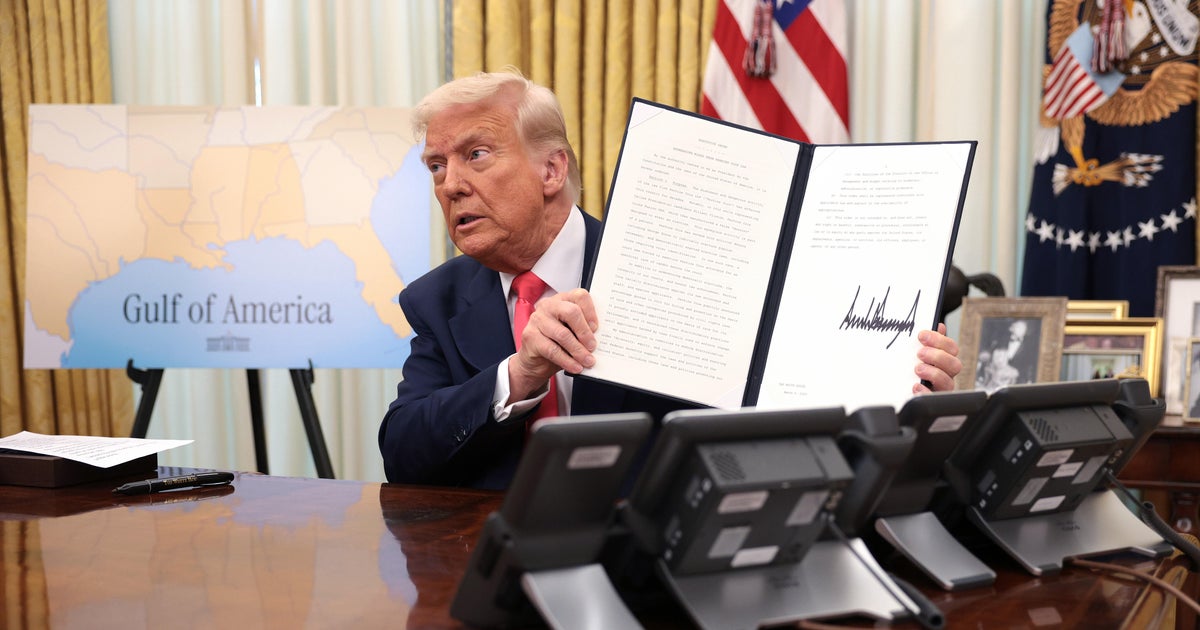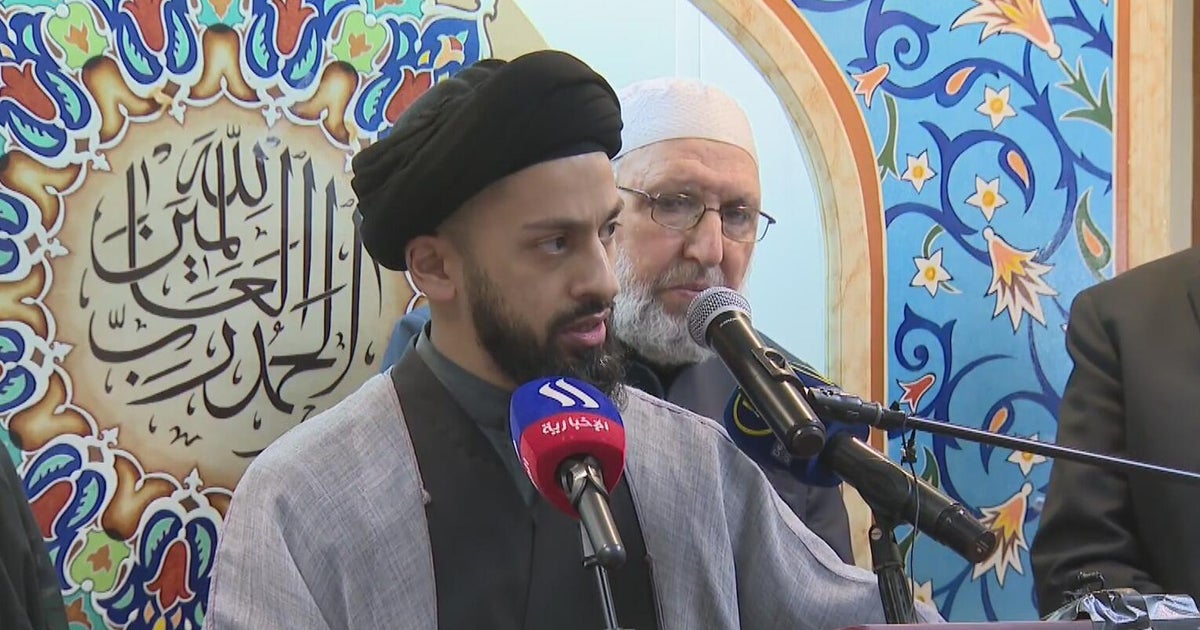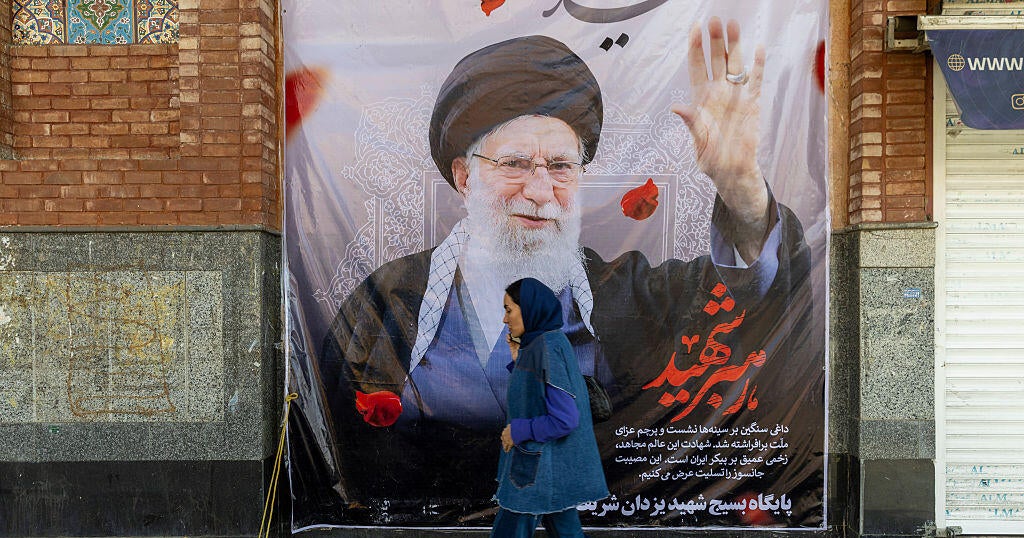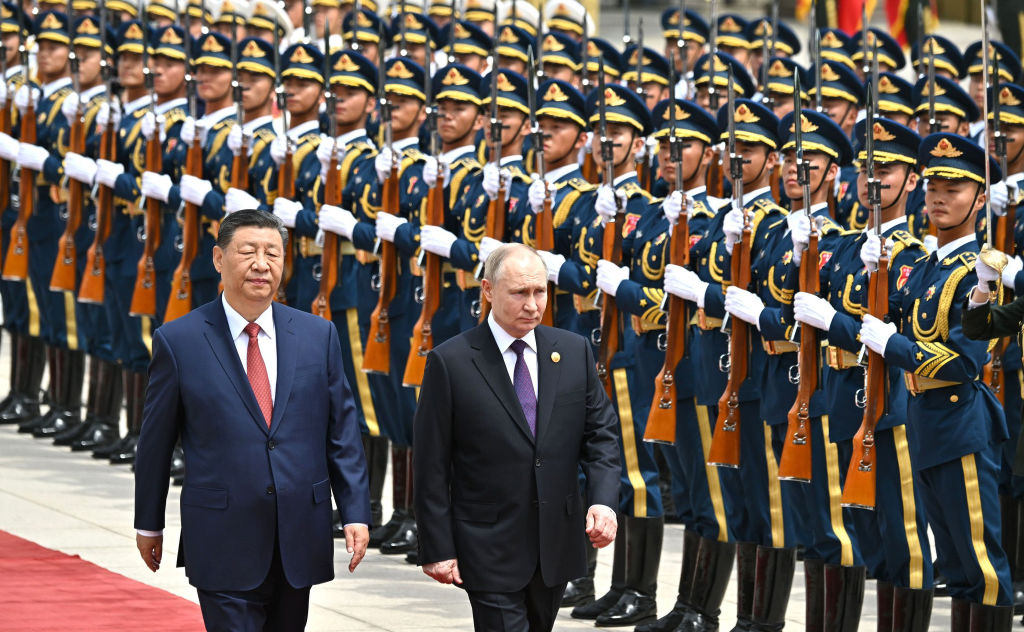Russia defends sending troops to Venezuela to back up Nicolas Maduro after warning from Pompeo
Moscow -- Russia's Foreign Ministry has said Russian military personnel who arrived in Venezuela over the weekend have every right to be there. The rift between Russia and the United States over how to resolve the crisis in Venezuela widened following the weekend arrival of the Russian personnel, who are there to support Venezuelan President Nicolas Maduro.
In Moscow's first comment on the reports of the deployment, foreign ministry spokeswoman Maria Zakharova said in a statement late Tuesday that Russia had sent personnel "in strict accordance" with the Venezuelan constitution and a bilateral agreement on military cooperation. She did not elaborate on how many troops Russia has sent.
Venezuela's political crisis exacerbated after opposition leader Juan Guaido claimed interim presidency, and quickly got the support of dozens of nations, including the United States. The Trump administration has dubbed Maduro an illegitimate leader after a re-election deemed deeply flawed by democratic standards.
Sources have told CBS News national security correspondent David Martin that U.S. intelligence estimates suggest about 100 people were on Russian planes that landed in Venezuela over the weekend. It wasn't clear what kind of equipment was brought in, and Russia has routinely sent military trainers, advisers and technicians to Venezuela, but 100 was considered more than routine.
The influx of Russian forces, reportedly with intelligence officers among them, prompted U.S. Secretary of State Mike Pompeo to call his Russian counterpart on Monday and warn him, "that the United States and regional countries will not stand idly by as Russia exacerbates tensions in Venezuela."
"The continued insertion of Russian military personnel to support the illegitimate regime of Nicolas Maduro in Venezuela risks prolonging the suffering of the Venezuelan people who overwhelmingly support interim President Juan Guaido," asserted Pompeo, according to the State Department's readout on the phone call.
In Moscow, the Russian Foreign Ministry acknowledged the conversation but said Lavrov had "emphasised that Washington's attempts to organise a coup d'etat in Venezuela and threats to its legitimate government are a violation of the UN Charter and blatant interference in the domestic affairs of a sovereign state."



